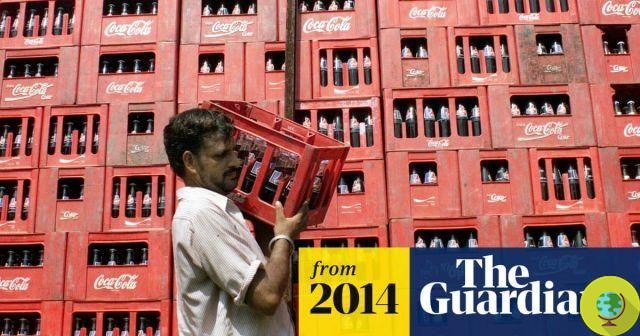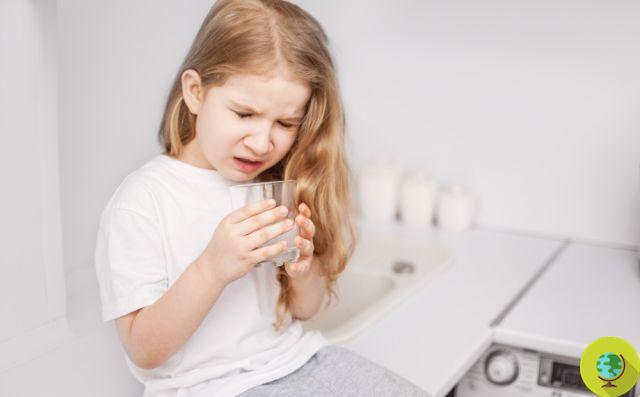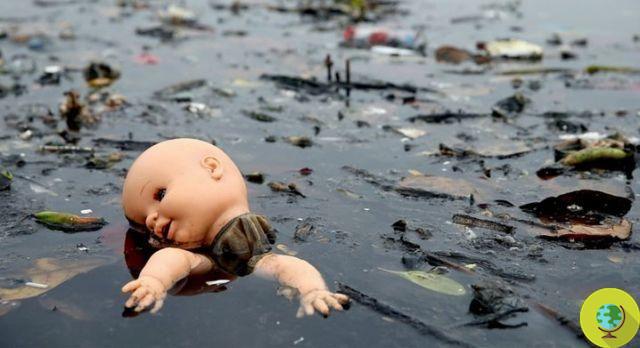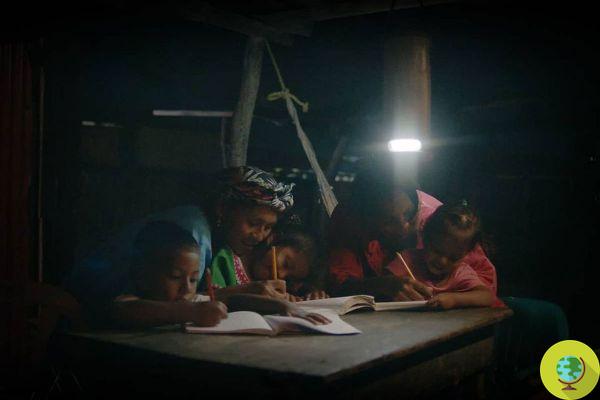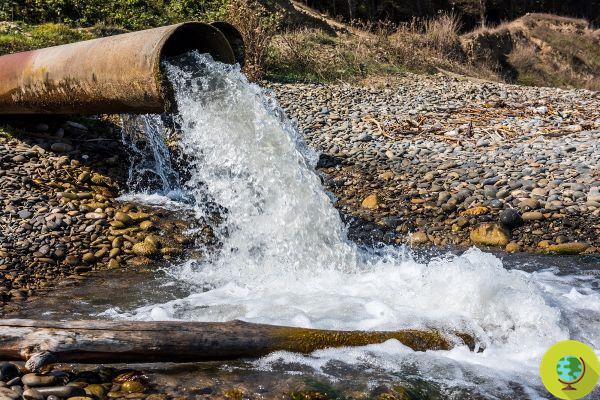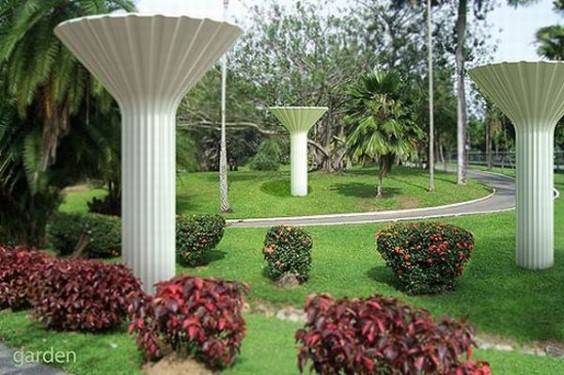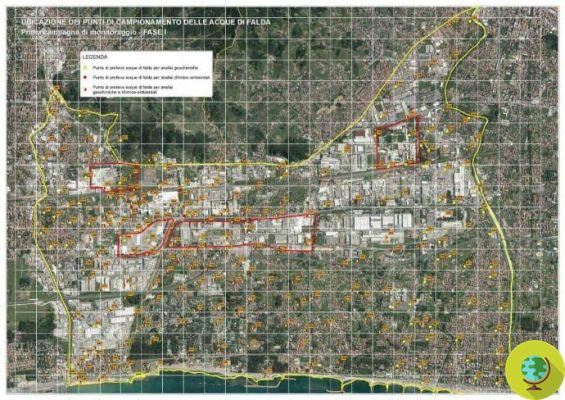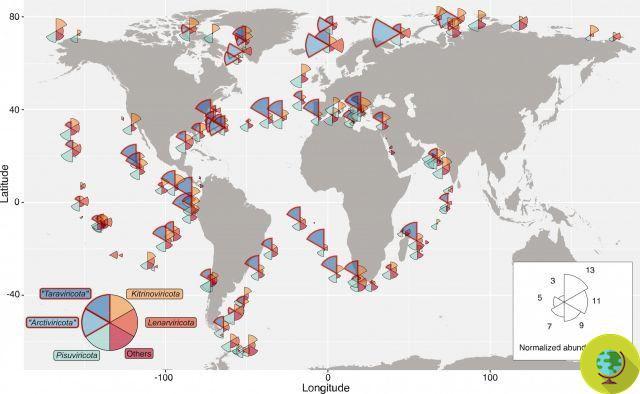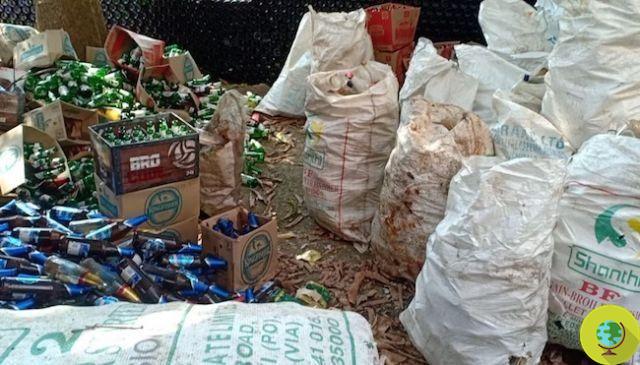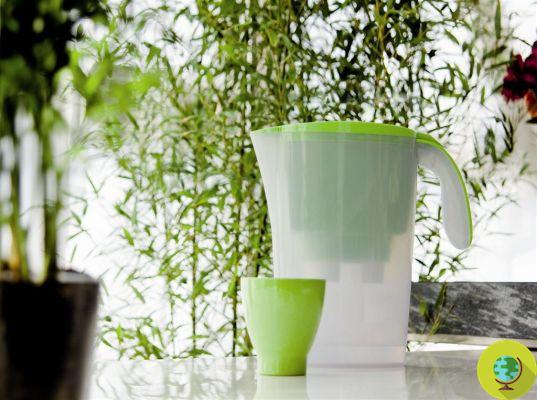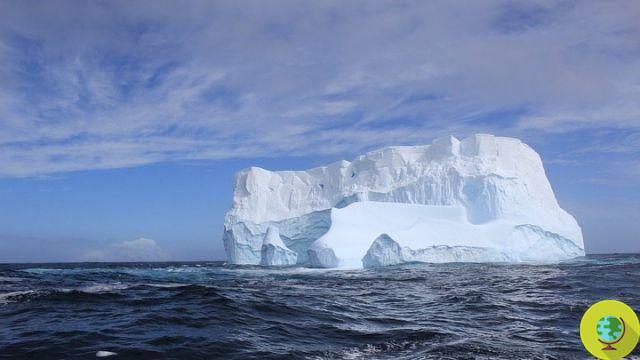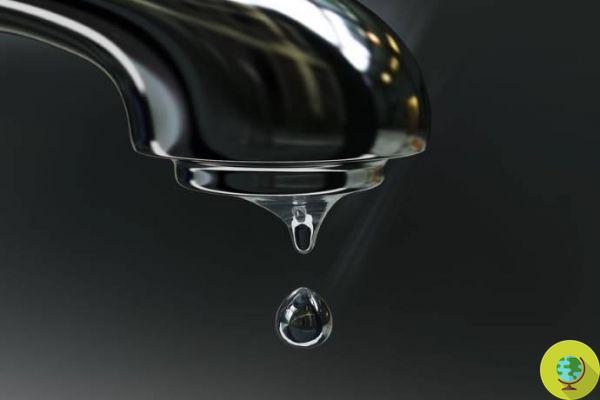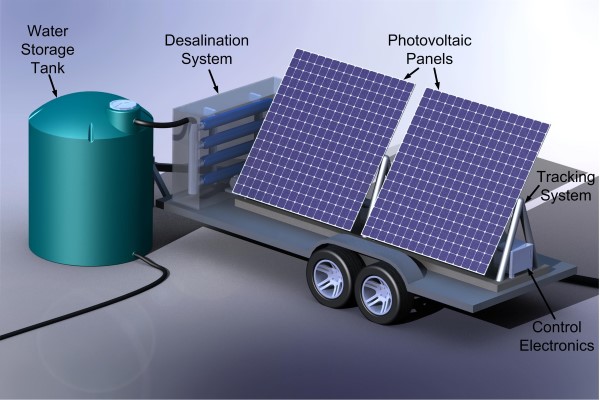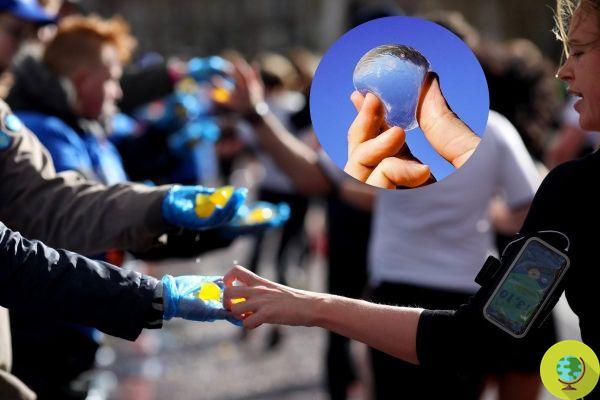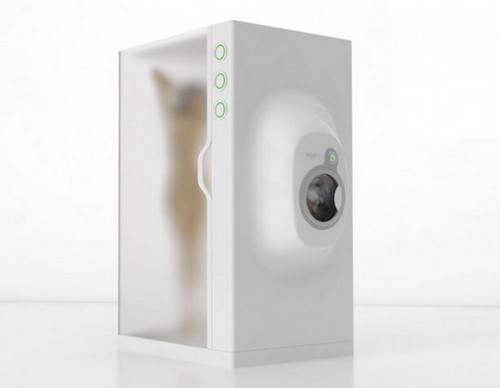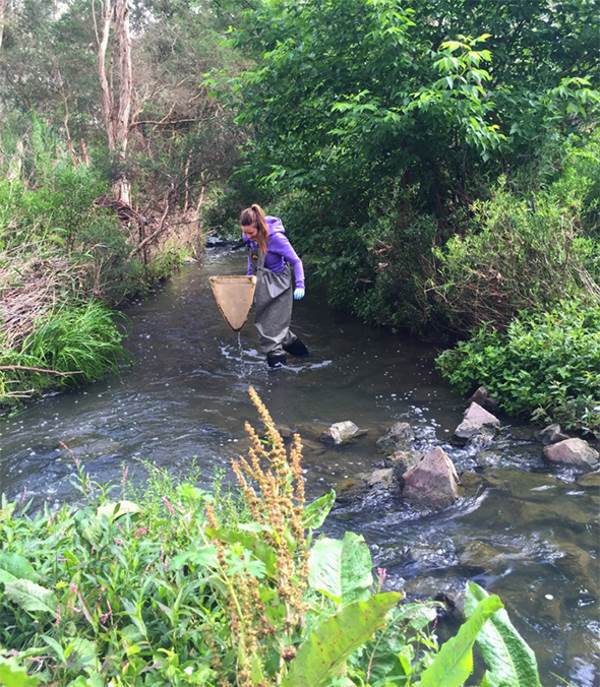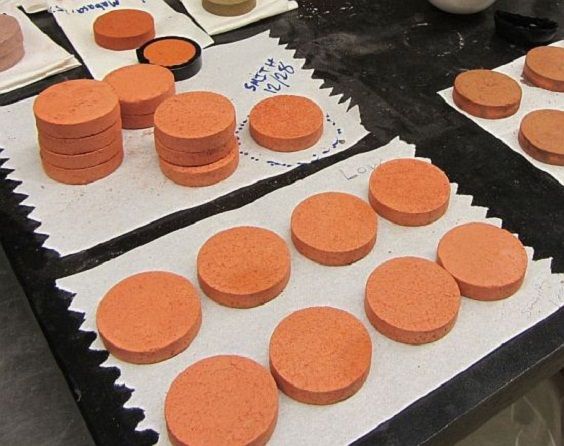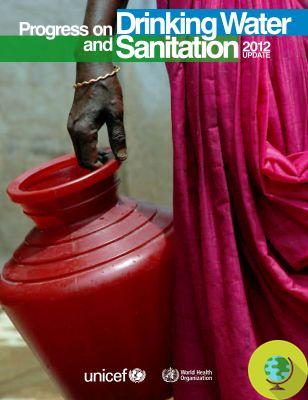
Access to sources of drinking water has grown by 12% in the last 20 years allowing us to reach the Millennium Development Goal 7. This was announced by a UNICEF report
He is about to end up run over, his mother saves himDrinking water, a good news. From 1990 to 2010 he would have grown by 12% access to sources of clean water thus allowing the achievement of, aimed at halving the percentage of people without access to drinking water.
The report announced it Progress on Drinking Water and Sanitation 2012 carried out as part of the JMP (Joint Monitoring Programme for Water Supply and Sanitation) di UNICEF and WHO. According to the dossier, 2010% of the world population at the end of 89, or more 6 billions of people it had access to improved sources of drinking water, 1% more than the 88% threshold set in 2000 by the aforementioned Millennium Development Goals. And that's not all. Continuing at this rate, by 2015 we will reach 92%.
This is certainly a good result due above all to progress reached in sub-Saharan African regions, where 61% of the population currently have access to drinking water. The best country in this area was Malawi, which rose to 83% with an increase of 48,4% compared to the data recorded in 1995. Burkina Faso follows, which reached a percentage of 79% with an increase in availability. of drinking water of 45,5%. Ghana is also doing well, where since 1995 access to drinking water has grown by 42,2%, serving 86% of the population.
And the Secretary General of the United Nations Ban Ki-moon in a note released by Unicef said: “We have achieved a great milestone for all the people of the world. This is the first Millennium Development Goal achieved. The efforts to expand the possibilities of access to safe water represent a concrete signal for those who thought that these Goals were not a dream, but a vital tool to improve the lives of millions of the poorest people in the world. "
"This is especially good news for children," the UNICEF Director echoed Anthony Lake. “Every day more than 3.000 children die from diarrhea-related diseases. Achieving this goal will go a long way in saving many children. "
But according to Lake, without dwelling on the good results, we must immediately continue on this path, which is still long given that the remaining 11% of the world population, that is 783 million people, it still does not have access to clean water and billions of people still do not have access to sanitation. "The numbers are still provisional but the result announced today shows that the Millennium Development Goals can be achieved with will, effort and resources".
That's right. While the assurance of drinking water has greatly improved, the same cannot be said foraccess to toilets, covered by the Millennium Development Goal 7, in this case far from being achieved. According to the report, in fact, sonly 63% of the states the world has improved access levels to sanitation, and according to a projection this percentage will be only 67% by 2015: well below the threshold of 75% set by the Millennium Development Goals.
Translated into figures, this means today 2,5 billions of people in the world they still do not have access to sanitation. "Providing sustainable access to improved sources of drinking water is one of the most important things we can do to reduce disease," said the WHO Director. Margaret Chan. “But this result today is only the beginning. We must continue to ensure that this access remains secure. Otherwise, our results will be in vain. "
of 1,1 billions of people which due to lack of toilets and sewers are still forced to defecation in an open place, most - 949 million - live in rural areas. Even in the countries of the so-called “BRIC group”, that is Brazil, Russia, India and Chinadespite rapid economic growth, this problem still exists.
“We have reached an important milestone, but we cannot stop there” concluded the UN Secretary General Ban Ki-moon. “Our next step is the hardest, reaching out to the poorest and most disadvantaged people in the world. The United Nations General Assembly has recognized access to safe water and sanitation as a human right. This means we need to ensure that every person in the world has access to it. "
Francesca Mancuso




